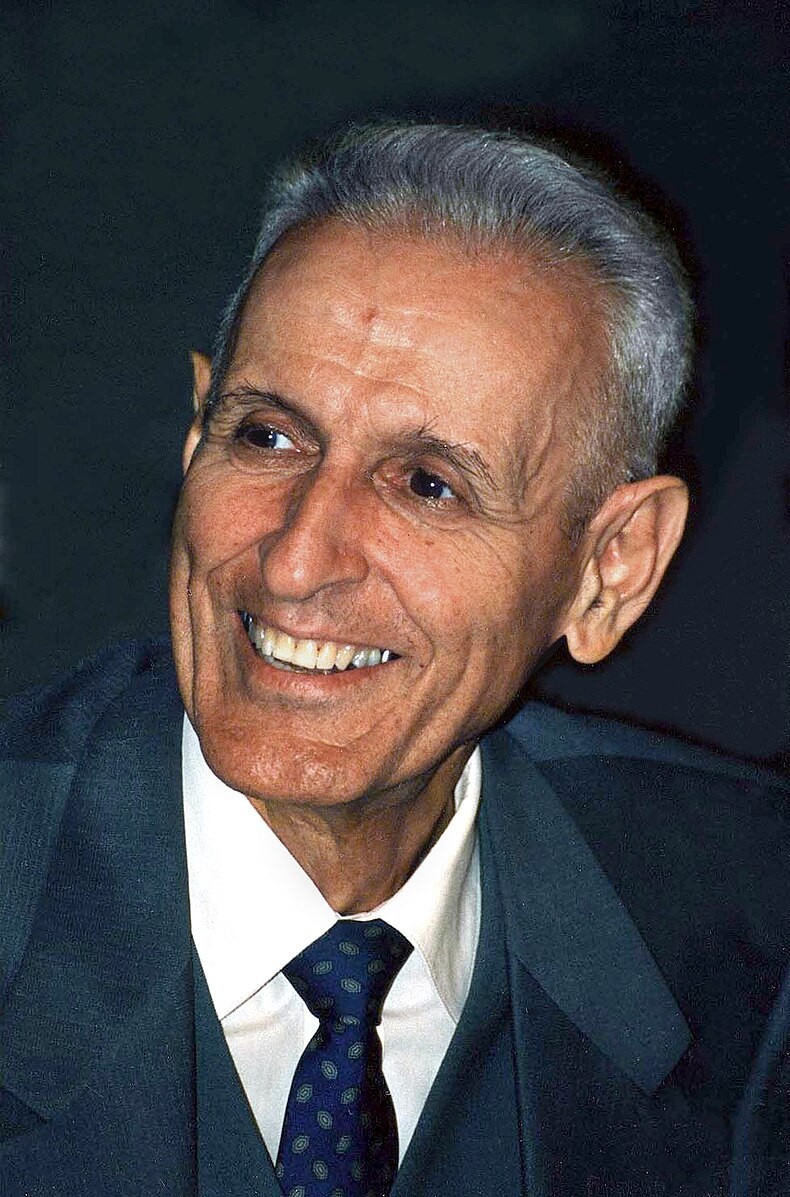

‘You Don’t Know Jack’ by Barry Levinson
- Title ‘You Don’t Know Jack’ by Barry Levinson
- Author Barry Levinson (director), Adam Mazer (writer)
- Year 2010
- Language English
- Tags Death Outside the Law High Profile Cases Self-determination
- Legislative context Michigan Compiled Laws Section 750.329a (United States)
- Author of entry Charlotte Frank
‘You Don’t Know Jack’ dramatizes events in the life of the controversial Dr. Jack Kevorkian who, between 1990 and 1998, assisted in the deaths of over 130 patients despite it being, and remaining, illegal to do so in the state of Michigan. Jack, portrayed by Al Pacino, comes to public attention when he is featured on the cover of Newsweek magazine after presenting a device he calls the ‘Mercitron’ to a quadriplegic patient named David Rivlin who has litigated to be removed from his respirator. The ‘Mercitron’ is intended to allow patients an easy and painless way to end their own lives – an act which, unlike assisting someone to die, was (and is) legal in Michigan. David does not use Jack’s device, and instead is allowed to have his respirator removed and food and water withheld until he dies. Jack sees such a death as unnecessarily cruel and becomes determined to help people who wish to end their lives to do so without suffering. The first patient he assists is Janet Adkins who has Alzheimer’s disease. Over the course of the next 8 years, Jack assists in the deaths of over 100 other individuals while being pursued by the police who, in the film, are depicted as having a personal vendetta against him, believing him to be murdering people and getting away with it. In 1998 Jack assists in the death of Thomas Youk who is dying from amyotrophic lateral sclerosis (ALS, also known as motor neurone disease). Due to his condition, Thomas is unable to self-administer the lethal drugs provided by Jack. As Kevorkian did in real life, Jack therefore administers the drugs himself, and presents a video of Thomas’s death as part of his interview on the CBS news program ‘60 Minutes’. Rather than being accused of the lesser crime of aiding in a suicide, Jack is charged with second-degree murder and imprisoned for eight years.
‘You Don’t Know Jack’ chooses to depict Jack Kevorkian as a headstrong man of immense integrity who, while he is difficult and stubborn at times, ultimately has his patients’ and loved ones’ best interests at heart. While Kevorkian was, and remains, a controversial figure, the film portrays him in a very flattering light, as an underdog and hero, and, above all, a caring doctor. It thus ignores, or makes little of, critiques of Kevorkian from within the disability rights and medical communicates amongst others, and portrays Jack's critics as closed-minded and overly conservative. Jack is made sympathetic in the film by acknowledging some of the criticism Kevorkian faced in real life. For instance, in one scene he tells his sister he isn’t sure he agrees with Janet Adkins’ decision to end her life because her Alzheimer’s is not yet so advanced that she does not still have a good quality of life–yet he affirms that it is her right to choose when she should die, and not his. The filmmakers’ emphasis is on Jack as principled and conscientious. Furthermore, during the scene of Janet’s death, Jack reminds her that she can change her mind about ending her life at any time and Janet is shown to be certain she wants to die and still in control of the situation. To further make audiences sympathetic towards Kevorkian, the film combines real footage of his recorded interviews with patients with footage recreating those interviews with actors, mingling reality and fiction. Many of the performances in this made-for-television film won awards, including Al Pacino who won an Emmy for his role as Jack, and lauded Kevorkian, who was present at the award ceremony, as a “brilliant and interesting and unique.” However, the film was met with mediocre reviews, many of which commented on the film’s one-sided depiction of Kevorkian as a brave advocate for assisted dying.
Suggested citation
-
You Don’t Know Jack, Assisted Lab’s Living Archive of Assisted Dying, July 2024 <link>
Reviews
- ‘The right to die? You don’t know Jack. A review,’ The Tentative Apologist, 2013 → randalrauser.com
- ‘A Doctor with a Prescription for Headlines,” The New York Times, 2010 → nytimes.com
- ‘You Don’t Know Jack,’ The Hollywood Reporter, 2010 → hollywoodreporter.com
- ‘Television review: ‘You Don’t Know Jack’, Los Angeles Times, 2010 → latimes.com
- ‘You Don’t Know Jack,’ Entertainment Weekly, 2010 → ew.com
- ‘You Don’t Know Jack,’ Variety, 2010 → variety.com
Media citations
- ‘Dr. Jack Kevorkian dies at 83; ‘Dr. Death’ was advocate, practitioner of physician-assisted suicide,’ Los Angeles Times, 2014 → reuters.com
- ‘’Dr Death’ Jack Kevorkian, advocate of assisted suicide, dies in hospital,’ The Guardian, 2011 → theguardian.com
- ‘We still don’t know Jack, despite Pacino’s efforts,’ Reuters, 2010 → reuters.com
- ‘Al Pacino takes on Kevorkian’s story,’ CTV, 2010 → ctvnews.ca
- ‘Trying to get to the heart of Jack Kevorkian,’ Los Angeles Times, 2010 → latimes.com
- ‘I did know Jack,’ Detroit Metro Times, 2009 → metrotimes.com
Interest Group citations
- ‘A Personal Tribute to Jack Kevorkian,’ The Hemlock Society of San Diego → hemlocksocietysandiego.org
- ‘Jack Kevorkian and the Right to Choose,’ Ms. Magazine, 2010 → msmagazine.com
Related Media
Book
Neal Nicol and Harry Wylie, Between the Dying and the Dead (Wisconsin: University of Wisconsin Press, 2006)
- Neal Nicol and Harry Wylie, Between the Dying and the Dead (Wisconsin: University of Wisconsin Press, 2006) lawcat.berkeley.edu ↗